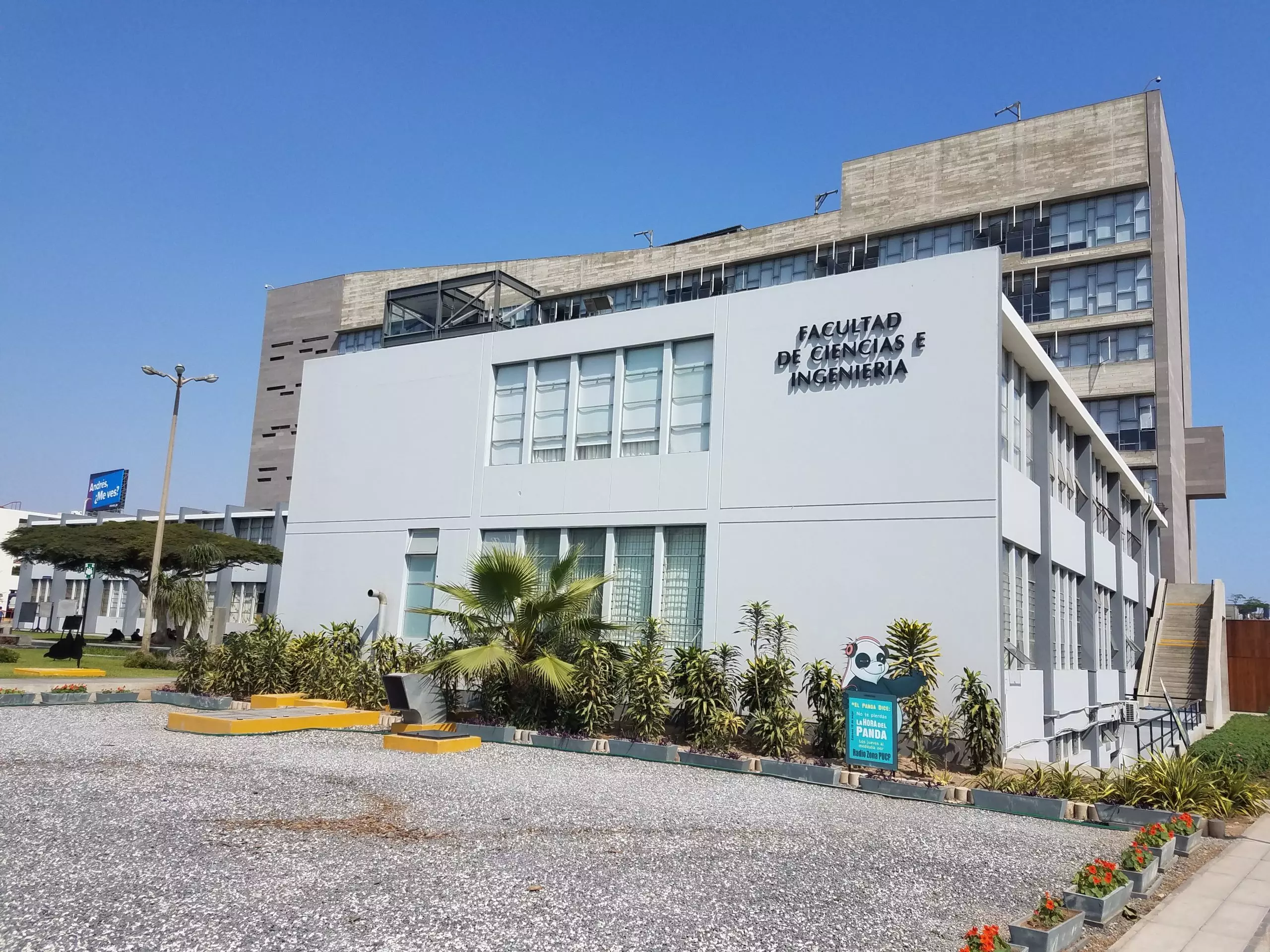Peru, Biology and Biochemistry: Tips for Studying Abroad


STEM students have long been underrepresented in study abroad. Up until recently, students majoring in or studying science, math, or engineering were, for the majority, unable to participate in study abroad due to the nature of their course loads. STEM majors often have a specific track they need to follow, with courses specific to the department which need to be taken in order. As an example, the biochemistry major at Barnard College has 20 required courses, many of them specific to Barnard which cannot be substituted for other courses. Of all 20 courses required, only two are elective courses which could be taken out of the department. Biochemistry majors at Barnard would have a difficult time having enough space in their schedules to be able to be abroad for one semester and not taking the classes required in the sequence.
The way STEM majors are set up can make it logistically challenging to study abroad and may make it seem more worthwhile to stay at your home university for all four years. Studying abroad in an immersion program like IFSA in Peru is even more difficult for students studying STEM because of the double challenges of either taking science classes in a foreign language or taking a semester off from taking major classes. However, studying STEM and pursuing a language immersion study abroad program is not impossible. I spoke with Colleen, a biochemistry and Spanish double major from Worcester College, and Abby, a biology and anthropology double major with a minor in Environmental Science at Colby College, both of whom are studying abroad in Lima, Peru this semester. They shared their experiences and recommendations for studying abroad while studying STEM.
Start Planning Early
“I knew I wanted to study abroad before I started college, even when I was undecided about my major. I really think it’s important to expand your horizons and to get out of the bubble that you live in. I wanted to do a language immersion type program, because I think it’s important to be able to communicate with more people,” Colleen said about her decision to study abroad in Peru. Both she and Abby stressed the importance of planning your course load early. Colleen said she spoke to her advisor about study abroad in the second semester of her freshman year, even before she’d declared a major and recommended taking required classes over the summer, the semester or year before you need to take them and remaining flexible. Abby agreed, and said that having a clear view of your priorities is important. “Study abroad was very important to me, so I also factored that into my plan…” she said, “having a sense of what classes you’re excited to take and making sure to plan around those that really interest you is a great start.”
Make Connections
One of the difficulties of studying abroad as a science major in a program like IFSA in Lima is that students may miss out on opportunities to do lab work either during the semester or the summer before their senior year, which can often be an integral part of a senior thesis or capstone project. It could be daunting to consider taking the last semester or summer before senior year off from research and lab work but having connections in the place you’ll be studying can make an important difference. Colleen and Abby both said they’d done lab work through their colleges before coming to Peru. “I did a summer internship at Novartis, working in a biology research lab and absolutely loved it,” Abby said. Making those connections early and beginning to work in labs can make up for time you may miss working in a lab during the semester in which you are studying abroad. It’s important to reach out to professors and advisors early to have the experience you need before studying abroad.
Importance of Study Abroad
“I had a professor… (who) gave me good advice: ‘don’t say I think I might want to do this, say this is what I’m going to do, how do I make this happen.’ Study abroad is a once in a lifetime opportunity,” Colleen said. Both she and Abby agreed that their decisions to double major are primarily based on passions and interests in both subjects but said having experience in areas outside of STEM fields can also be an important asset. “I have always wanted to go to South America and I wanted to study abroad in a place where I could really work on my Spanish…. I hope it (becoming competent in Spanish) will give me a wider range of communication in my potential workplace and throughout my life,” Abby said. Colleen agreed. “I think I want to be a genetic counselor… (and) one of the things I always knew was that I wanted to work with people to help people, and I really strongly believe that knowing a second language and being able to communicate with more people just opens up so many more doors for me to be able to help.” Most of all, however, both emphasized the importance of study abroad as an experience in and of itself. “I knew I didn’t want to have the same experience as others, I wanted to try something different, expand my horizons, push my comfort zone, (and) for me that became Peru very quickly…” Colleen said.
Kate I. | History major | Barnard College | Pontificia Universidad Catolica de Lima | Spring 2018 | IFSA International Correspondent